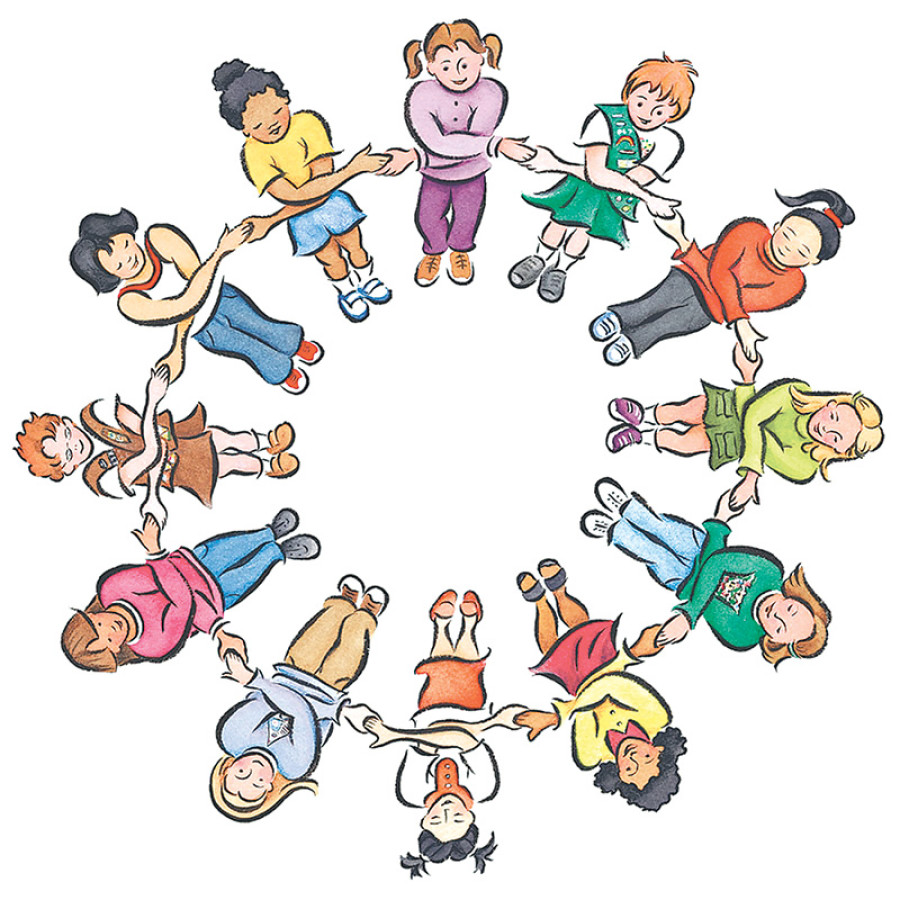Opinion
Meddling for morality
It is only with a sense of morality can we preserve humanity and empathy
Rajiv Gautam
The last official data by the National Census, 2011, puts Nepal’s literacy rate at 65.9 percent, with a 34.70 annual increment rate. This number is a great achievement to the meager 20.6 percent literacy rate the country had back in 1981. Coming a long way, the country’s population today has easy access to better schools, better technology, better infrastructure, and the like. Yet, one hears news of rapes and murders taking place, particularly of young girls, in our country almost every day.
This urges us to ask the question: What is causing people to act in such heinous ways? Normally, we assume that good education directly influences people’s conscious choices. Yet, despite the inclining trend of literacy rate in the country, such activities occur time and again.
Moral education shows one the right and just way to lead one’s lives. And this education should be inculcated in children from early on. Schools have the primary responsibility of molding students into future leaders. But their efforts alone will not suffice. The role of parents is as important to impart as well as constantly remind children of the importance of moral education. But ideally, everyone who plays a role in the lives of the children should work on the proper upbringing of children. The tragedy of our country is that the environment at home vastly differs from the environment children receive in schools, and outside. Of course, there are some parents who are well educated and become moral guides for their kids. But some are uneducated and unable to distinguish between right and wrong. There are others, the so-called educated, who inflict more harm than good on their children by their views. All these children are brought up together, in the same classroom, in the same environment, to achieve the same future goals.
The curriculums designed in schools, particularly for the early education, are not sufficient enough to build a strong foundation on morality for kids. Schools teach children to be competitive, but they do not teach them compassion. Our education system is such that rote learning determines intelligence. Since the early stage of education, children’s minds are filled with stress and fear.
Their situation is just like that of a scapegoat. To impress, and satisfy the expectations of, parents, teachers and management committees, children have to perform their best in exams. Otherwise, they become subjected to punishment. This kind of behaviour ignites in them a violence, which gets reaffirmed every time the cycle gets repeated. Children do not get a chance to flourish in a free environment, where the ghost of exams constantly do not disturb their mind. They fail to understand the value of education. They believe that they are studying just for the sake of obtaining marks. When children grow up in such environments, how can one expect for them to acquire life-enhancing tools?
The foundation of a country lies on the foundation of its people. And the foundation of children becomes strong only when they get moral education. School education, especially early education, guides a person for the entirety of their life. In their early years, children trust their teachers more than their parents. Whatever teachers teach their students makes a lifelong impression on their minds. If they receive moral education when they are younger, then they have a tool at their disposal to follow the right course.
When morality goes down, there is no chance for humanity. The promotion of moral education in early curriculums is a means to instill in children values that are crucial, but often overlooked. Some people believe that morality automatically arises in human beings. On the contrary, as it is with everything in life, morality too is a habitual pattern that needs to be practiced. Moral education will prove instrumental in transforming kids into functionable adults in society who can have a mind of their own and distinguish right from wrong. In the long-run, it is only with sense of morality that can we preserve humanity and empathy.
Gautam is currently pursuing M Phil in English at the Tribhuvan University.




 9.6°C Kathmandu
9.6°C Kathmandu










